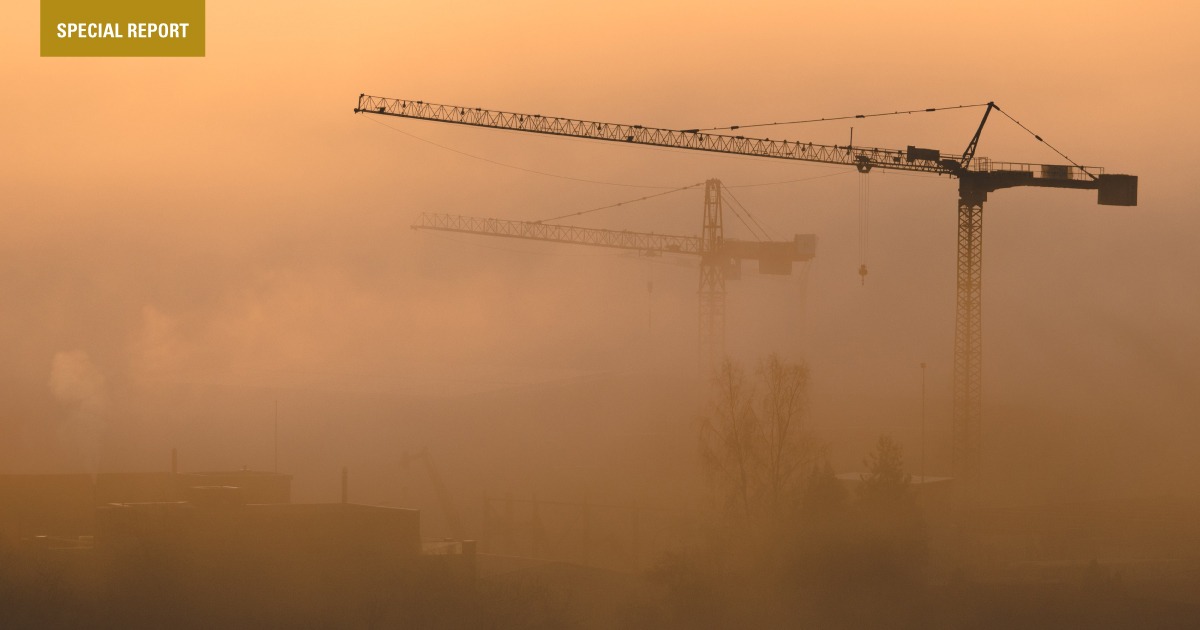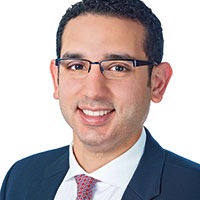

Throughout the pandemic, leisure travel proved to be a stronger segment of demand as travelers experienced lockdown fatigue and planned last-minute trips, escaping to drive-to destinations.
From an investment point of view, globally speaking, private equity groups and institutional investors represented the lion’s share in hotel transaction activity, accounting for 54 percent of total volume for 2020. In the Middle East, while investment activity remains skewed toward hotel development projects, construction works stayed strong and were buoyed by regional visions, strategies, robust government and institutional funding as well as strategic supply allocation to mega if not giga projects across the major capital cities.
Key regional megaprojects
Dubai, specifically, has seen the launch of the 2040 Urban Master Plan, which focuses on reinforcing the emirate’s competitiveness as a global destination by providing a wide variety of lifestyle and investment opportunities for citizens, residents and visitors over the next 20 years. The plan mentions a 134 percent increase in land space for hotels across five zones, which are Deira and Bur Dubai, Downtown and Business Bay, Expo 2020 Centre, Dubai Silicon Oasis Centre, Dubai Marina and JBR. It is positive to note that while the current supply is well absorbed in normalized business conditions, Dubai isn’t just capitalizing on singular events like Expo 2020 but is also focusing on longer-term visions that will drive the hotel industry. The availability of the investment offering now extends to various investment types, from new build to outright core hotel acquisitions. Saudi Arabia has also announced a string of giga projects with the aim of establishing itself as a robust domestic and international tourism destination. The Public Investment Fund (PIF) has announced a number of new entertainment centers, such as Qiddiya Entertainment City, the Red Sea Project, Amaala, AlUla, King Salman Park, Diriyah Gate Development and Riyadh Sport Boulevard, the Saudi Entertainment Ventures Company (SEVEN), which will include 20 entertainment destinations, 50 cinemas and two large theme parks in prime locations across the kingdom. With these developments, overall investments are expected to reach approximately USD 810 billion in the next 10 years. It is also estimated that PIF’s hotel projects alone will surpass the UAE’s quality hotel room supply pipeline over the same period.
Opportunities for investors
In the current environment, while hotel owners are increasingly sophisticated and have higher expectations, hotel operators have demonstrated growing flexibility toward their owners by considering franchising instead of direct operation. This is an opportunity typically given to owners with critical mass of hotel room supply to initiate their own hotel management structure with a more direct control over operations. At present, considering the size of the market in the GCC, the proportion of owner-operated properties, whether branded or not, remains quite thin compared to international destinations and is estimated to be less than 10 percent.
From a funding perspective, the traditional lending mechanism, in particular from the large banking institutions, remains buoyed by a longer-term recovery but will lend with enhanced project scrutiny, stronger collateral and guarantee requirements. While lending costs remained fairly stagnant throughout 2020, they still drive pressure over yields as the market stabilizes and lenders capitalize on a swifter cash-flow recovery over the medium term. Investors facing funding challenges to complete their hotel developments can now resort to equity investors for funding. There is also an increased proportion of equity willing to position itself in the debt structure over the next few years, in the form of higher cost preferred equity structures, mezzanine financing and other mortgage participation mechanisms, such as loan to- own — a strategy used by investors to take control of a distressed company, often through bankruptcy proceedings. This will, nonetheless, require hotel owners to maintain a minimum level of liquidity for working capital and short-term capital expenditure as the properties fully reopen. With a team of highly specialized tourism and hospitality experts, coupled with all the lending mechanisms in place, the pace of hotel and resort development for the private sector is regaining rapid momentum.
In neighboring Saudi Arabia, the Tourism Development Fund launched in June 2020 is proving to be a winning alternative for the private sector. With an announced USD 4 billion commitment, which is expected to grow even further as part of plans to diversify the economy in the face of the coronavirus pandemic and low oil prices, investors may shift away from their existing relationship with traditional banks for funding, although banks have remained relatively supportive to the industry.
Overall, while the region has managed to ease restrictions and ensure a return to offices, uncertainty surrounding travel, as well as mandatory lockdowns ahead of the summer months, underpins a lesser than expected growth in hotel investment volume around Europe and Asia. Going forward, the market will continue to reset itself, with the landscape once again becoming the preferred playground for investors. From architectural to branding changes occurring simultaneously in the cycle, investors’ paths to that long recovery are limitless. It is a long road indeed, but there is a positive sentiment that pent-up demand to become mobile once more will boost trading performances across major leisure markets. As the market stabilizes, it is mission critical for all stakeholders to embrace changes brought on by 2020 and consider the new guest experience attributes.

Head of hotels and hospitality
JLL MENA
















